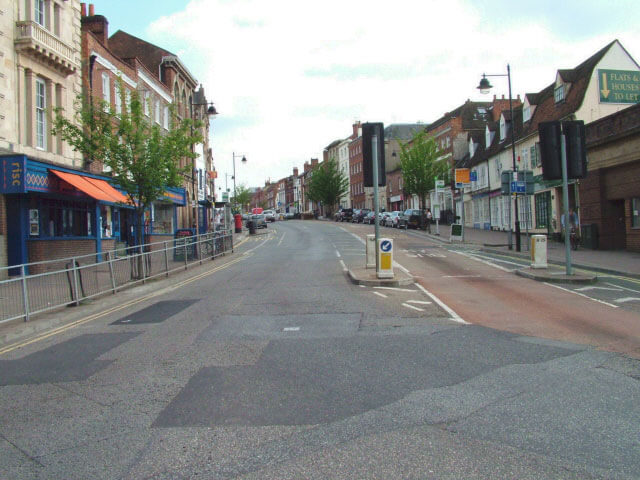For the last two weeks we have all been ‘locked down’ due to the Coronavirus restrictions, forced to stay in our homes, save for specific purposes. This is obviously a trial for everyone, but for some it can be much worse.
What if the partner with whom you are having to stay at home is abusive? What can you do to protect yourself in this situation?
Leaving home
Obviously, if you are suffering serious abuse at the hands of your partner then you will not want to stay under the same roof as them. But can you leave home?
As we all know, or should know, the Coronavirus restrictions mean that it is an offence to leave home without “reasonable excuse”. We all also know that “reasonable excuse” includes obtaining basic necessities, taking exercise and seeking medical assistance. However, it also includes two other reasons, which may be relevant to a victim of domestic abuse:
1. Leaving the house to access “critical public services.” This includes social services and services provided to those at risk; and
2. Leaving the house to avoid injury or illness, or to escape a risk of harm.
Further to this, Home Secretary Priti Patel has confirmed that: “whilst our advice is to stay at home, anyone who is at risk of, or experiencing, domestic abuse, is still able to leave and seek refuge.”
Obviously, the police are enforcing the lockdown. However, they have been issued with guidance which specifically acknowledges that it may not be safe for everyone to stay at home.
So, in short, you can leave your home without breaching the Coronavirus restrictions, if you believe you will be at risk of harm due to an abusive partner.
But where can I go?
If you have a friend or family who you can stay with, all well and good (although you may still need to comply with self-isolation rules). But what if you don’t have anywhere to go?
Well, refuges and other forms of emergency accommodation are still open, and the Government has specifically stated that they do not need to close, unless directed to do so by Public Health England or the Government.
However some refuges may not be able to provide self-contained spaces where people can self-isolate, or ensure suitable space for social distancing, which may limit the service they can offer. Further, emergency accommodation may have to close if too many staff members need to self-isolate or if suitable social distancing measures cannot be implemented.
For further information about the availability of accommodation near to you, contact the National Domestic Abuse Hotline.
What other steps can I take to protect myself?
It is still possible to apply to a court for a domestic violence injunction, despite the Coronavirus restrictions.
Such injunctions take two forms:
1. A non-molestation order, which prevents another person from harming you or a child; and
2. An occupation order, which will indicate who can live in the family home and can direct another person to leave the home.
Whilst some courts have been temporarily closed due to the Coronavirus outbreak, there are still courts open that will deal with urgent injunction applications. Most injunction hearings will take place by telephone.
If you are in immediate danger, then you should still call the police, on 999.
Further advice and help
The above is just some general advice. For more detailed advice, or if you wish to instruct a lawyer to obtain an injunction on your behalf, call us on 020 3904 0506, or click the ‘Sign up’ button at the top of the page, and fill in the form.
* * *
Family Law Cafe offers a modern, agile and compassionate approach to family law, giving you a helping hand when you need it and guiding you through the complexities of this difficult and stressful area. Family Law Cafe is your start-point for getting matters sorted with strategy, support and security.
Image of empty street by Leslie on flickr, licensed under CC BY 2.0.

